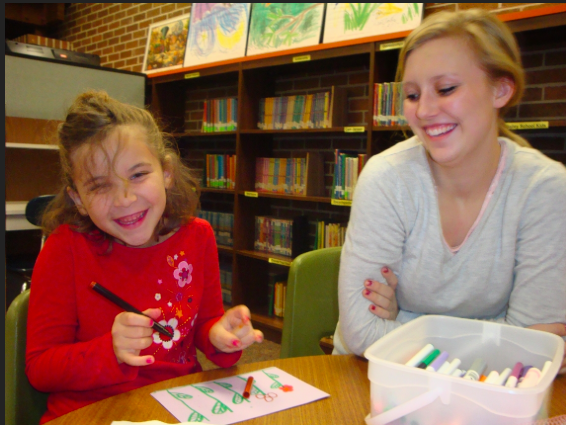When kids expect hostility, they get hostile
When children expect aggression from others, it may cause them to be overly aggressive themselves, a new study finds. While the pattern is more common in some cultures than others, a four-year longitudinal study involving 1,299 children and their parents finds it is true in 12 different cultural groups from nine countries around the globe. […]











